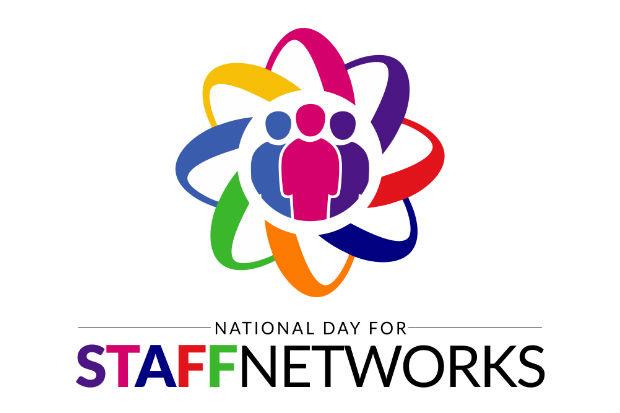The Role of Staff Networks in the UK Civil Service

Introduction
Staff networks within the UK Civil Service have gained increased recognition for their essential role in fostering an inclusive and supportive work environment. These networks aim to ensure that diverse voices are heard and represented, thereby enhancing workplace culture and productivity. As the civil service continues to evolve, understanding the dynamics and advantages of these networks becomes increasingly important.
The Importance of Staff Networks
Staff networks provide employees with a sense of community, support, and belonging. They focus on various aspects of diversity and inclusion, including gender, ethnicity, disability, and LGBTQ+ issues. These networks allow members to connect over shared experiences, collaborate on initiatives, and engage in dialogue with leadership. An essential aspect of their function is advocacy; they champion the interests and needs of underrepresented groups, influencing policy and decision-making.
Recent Developments
In recent years, the UK Civil Service has made significant strides in promoting staff networks. For instance, the introduction of the ‘Diversity and Inclusion Strategy’ has led to increased funding and support for these networks. As of 2023, over 30 active staff networks exist, with each focusing on various facets of inclusivity. The government has undertaken initiatives to encourage more employees to join these networks and streamline collaboration across different departments.
Case Studies
Allegations of systemic inequalities have prompted civil service leaders to pay more attention to staff networks. A notable success includes the ‘Women’s Network’, which has led to tangible changes in workplace practices, promoting flexibility and career development opportunities for women. Additionally, the ‘LGBTQ+ Network’ has actively engaged in awareness campaigns, fostering a more accepting culture throughout the Civil Service.
Conclusion
The role of staff networks within the UK Civil Service is crucial in shaping an inclusive workforce. As the landscape continues to change, these networks will likely play an even more significant role in policy advocacy and employee engagement. With ongoing support and recognition from leadership, staff networks hold the potential to further enhance the effectiveness of the Civil Service, ensuring a workplace where every individual feels valued and empowered. This commitment to diversity and inclusion is not just beneficial for staff morale but also promotes better services for the public. The future of the Civil Service may well depend on the strength and vibrancy of these networks.
